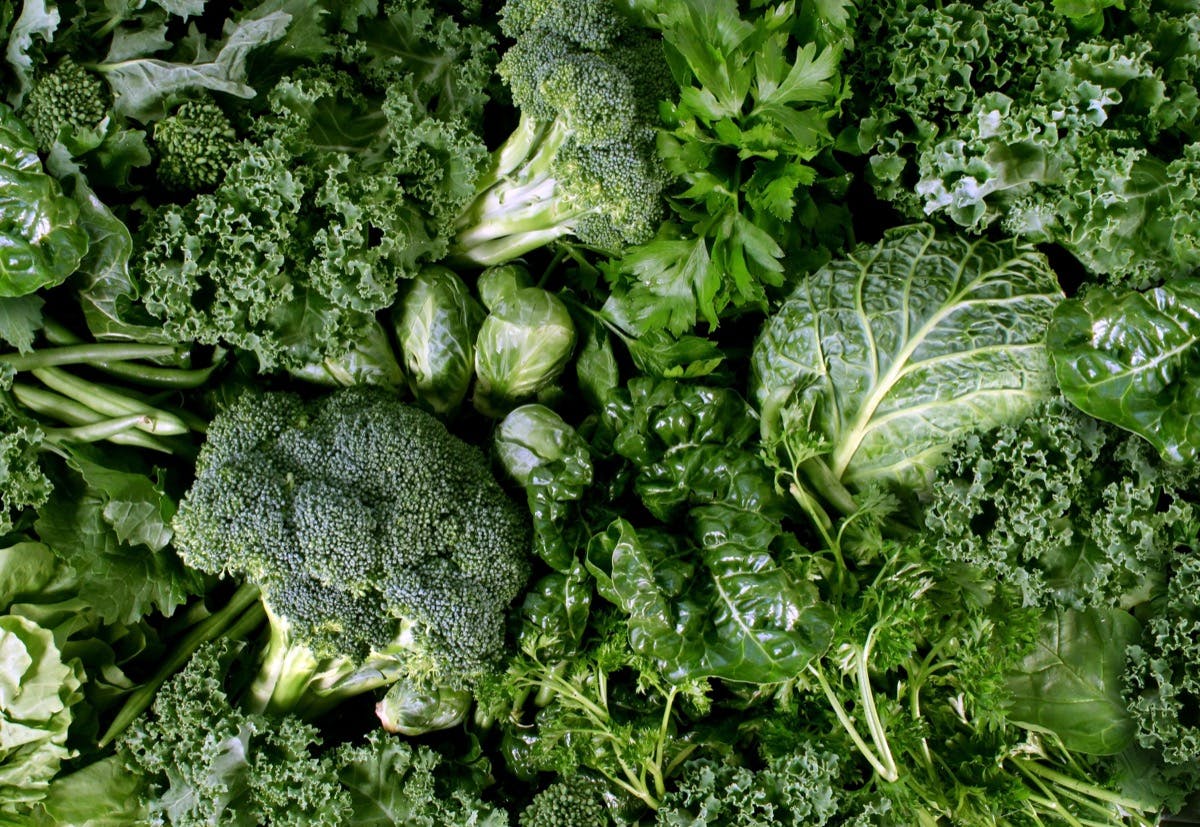
12 Winter Green Veggies High in Nutrients, Low In Cost
Eating fresh seasonal produce is not only the best value for money—it also tastes better, is environmentally friendly and typically higher in nutritional value.
With the weather getting chilly, it's time to look for fresh winter vegetables that are appearing in the Australian markets. And there's plenty to choose from!
Delicious winter vegetables such as carrot, beetroot, and parsnip tend to be sweeter. That's because they produce more sugar as a defence mechanism against the cold conditions. Even kale tastes mellower in winter believe it or not!
As we all know, fruit and veggies are rich sources of fibre, vitamins and minerals. What you may not know is that fruit and veg also contain phytochemicals, the naturally occurring plant chemicals that provide plants with their colour, odour and flavour.
These phytochemicals act as potent antioxidants in our bodies.
Studies show that people who eat more plant foods have a reduced risk of chronic diseases such as cancer, heart disease and diabetes.
Generally, darker-coloured plants are higher in phytonutrients. With this in mind, here are some seasonal green veggies that are high in nutritional value and easy on the hip pocket:
- Asian greens (bok choy and choy sum)
- Broccoli
- Brussels sprout
- Cabbage
- Kale
- Leek
- Okra
- Parsley
- Silverbeet
- Spinach
- Celery
- Fennel
There is certainly no shortage of green winter vegetables!
Bok choy, broccoli, cabbage, brussels sprouts, kale, and kohlrabi (and also white veg such as cauliflower, turnips, and swedes), are known as cruciferous vegetables. This family of vegetables is an excellent source of vitamin C and is high in cancer-fighting compounds called glucosinolates. According to the American Institute of Cancer Research, these compounds induce detoxification of cancer-causing substances, block tumour growth and act as antioxidants.
Darker leafy greens such as spinach, silverbeet, kale and parsley get their colour from chlorophyll, an antioxidant that has shown to block cancer progression. They are also the primary source of vitamin K, which is involved in the regulation of blood clotting, and bone health, and a rich source of folate. Folate is essential for brain development and heart health.
Okra and fennel are rich in fibre and folate, as well as vitamins A and C, and minerals including potassium, sodium, magnesium, phosphorus and calcium. Okra has been shown to stabilise blood sugar, and lower cholesterol, while fennel has been used for centuries as a medicinal plant for digestive aid.
Celery is a known diuretic that has been used traditionally to lower blood pressure.
According to a survey by CSIRO, four in five Australians are not eating enough fruit and vegetables. A good way to increase your vegetable intake is to choose at least one vegetable of each colour per day and add them to your green smoothies, salads, soups, frittatas, casseroles or stir-fries.
So... bring on more green smoothies this winter!
